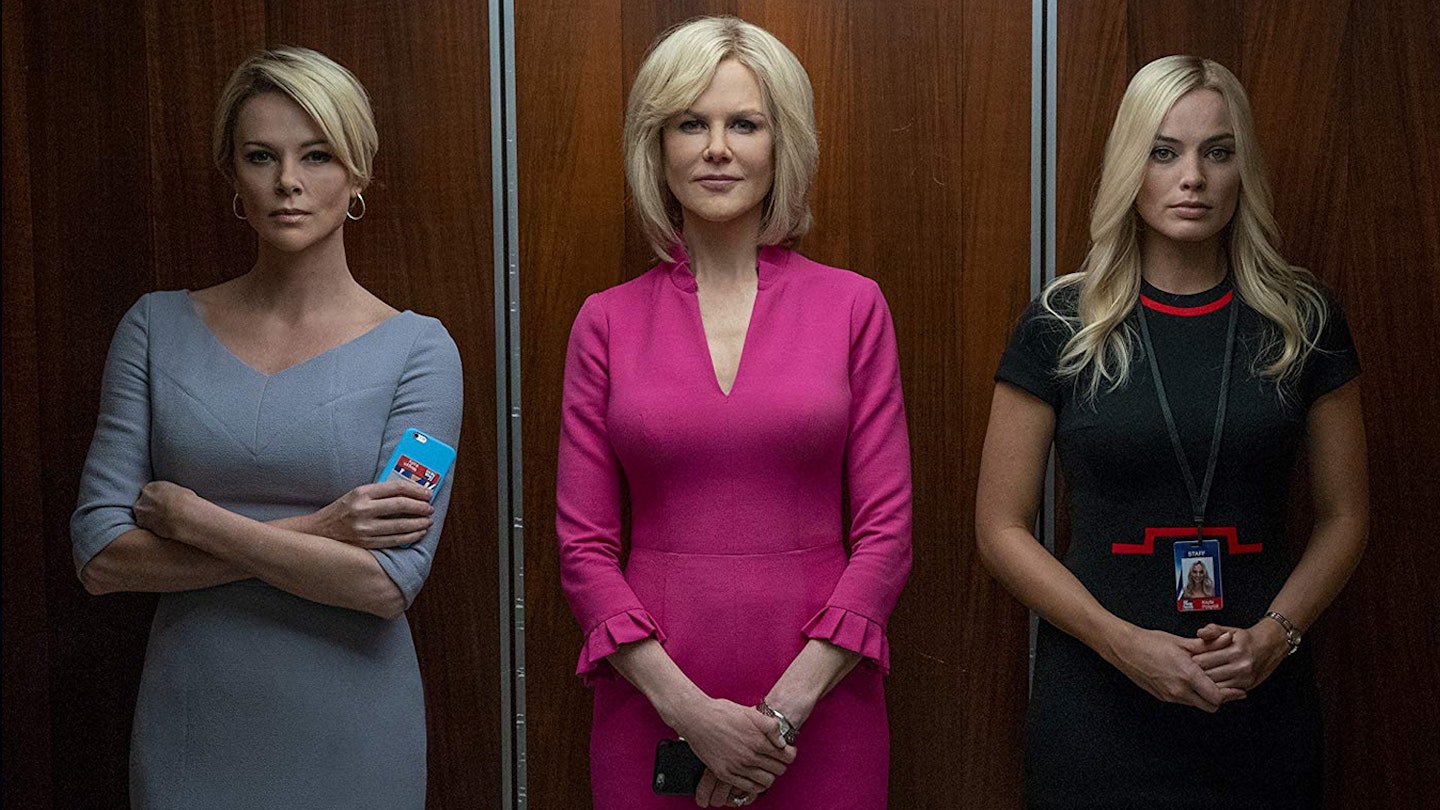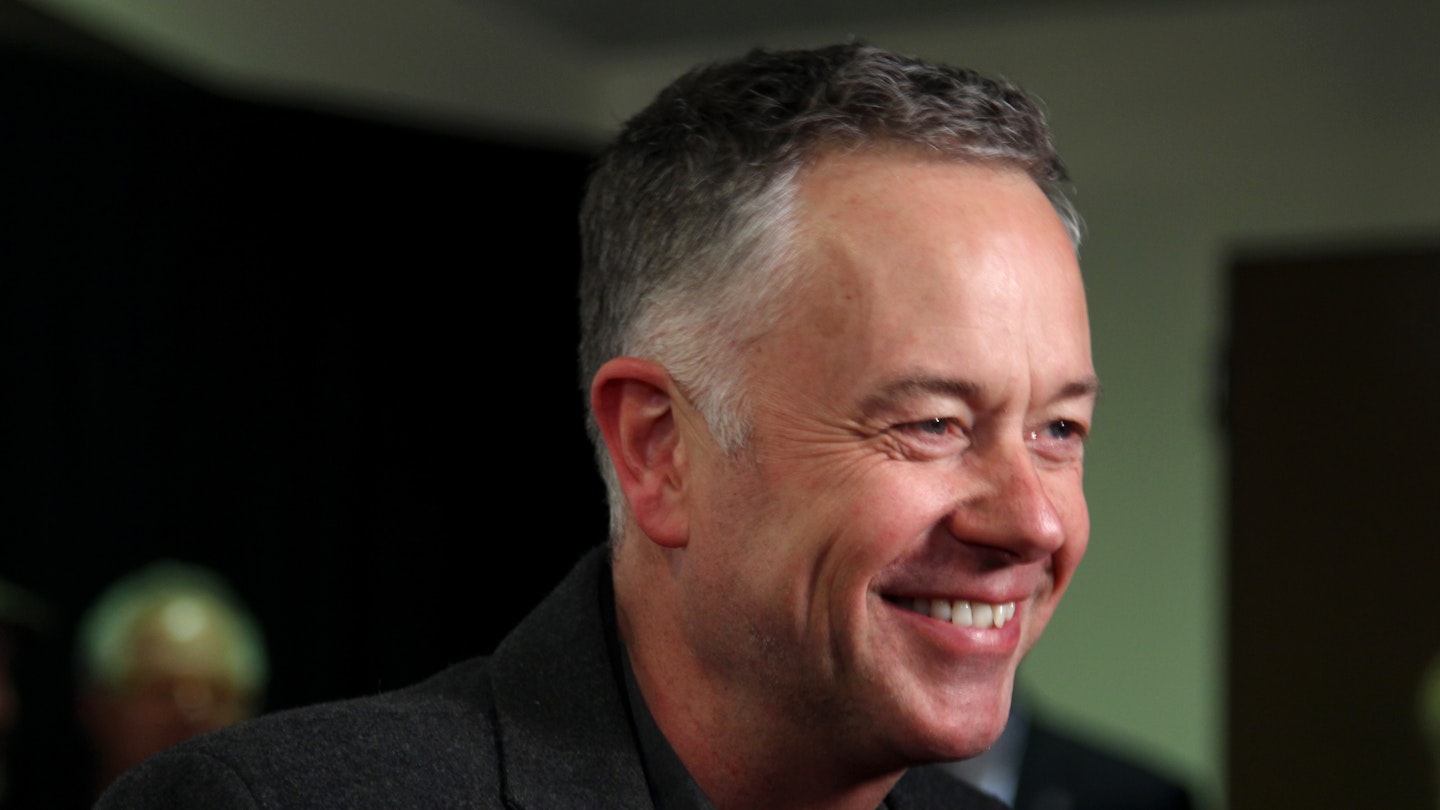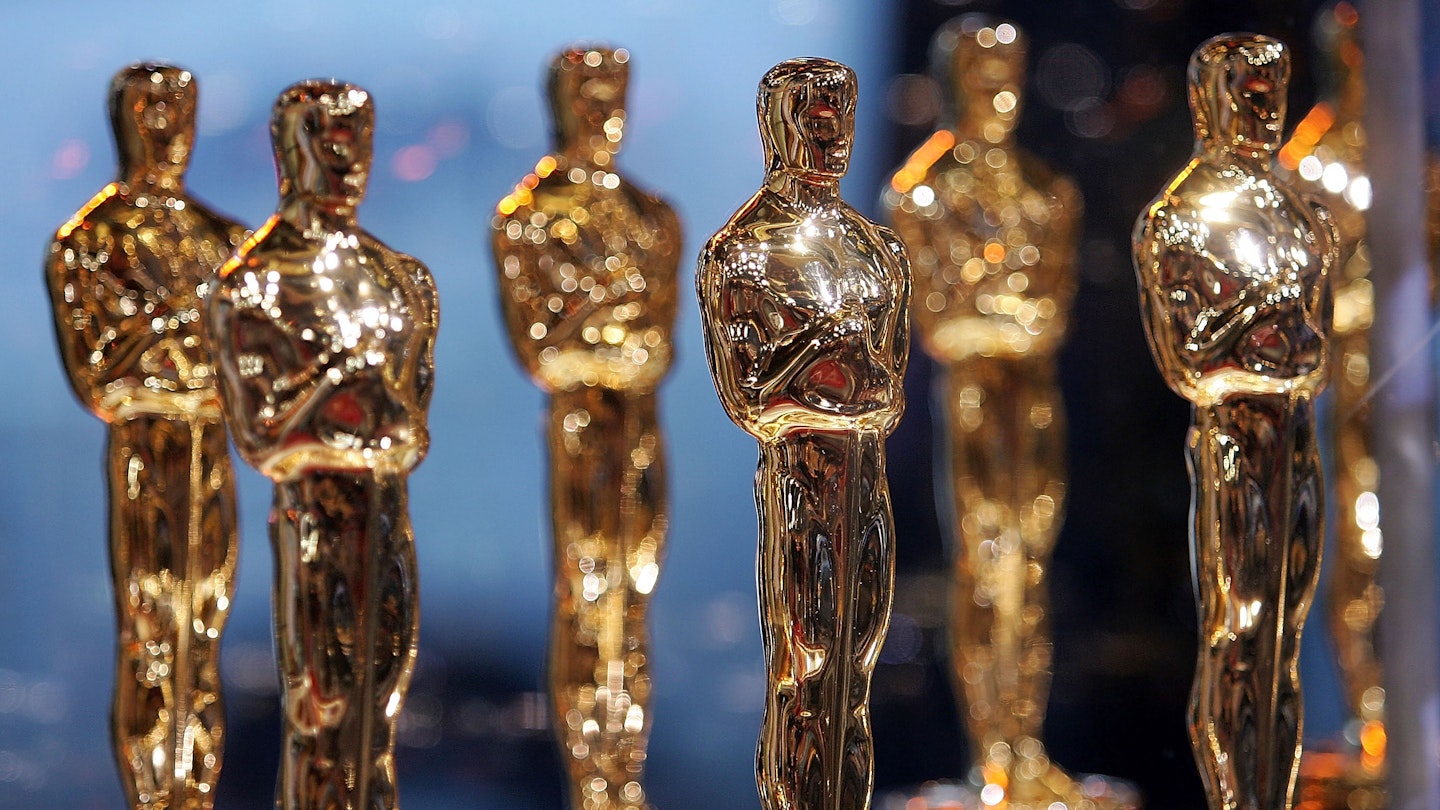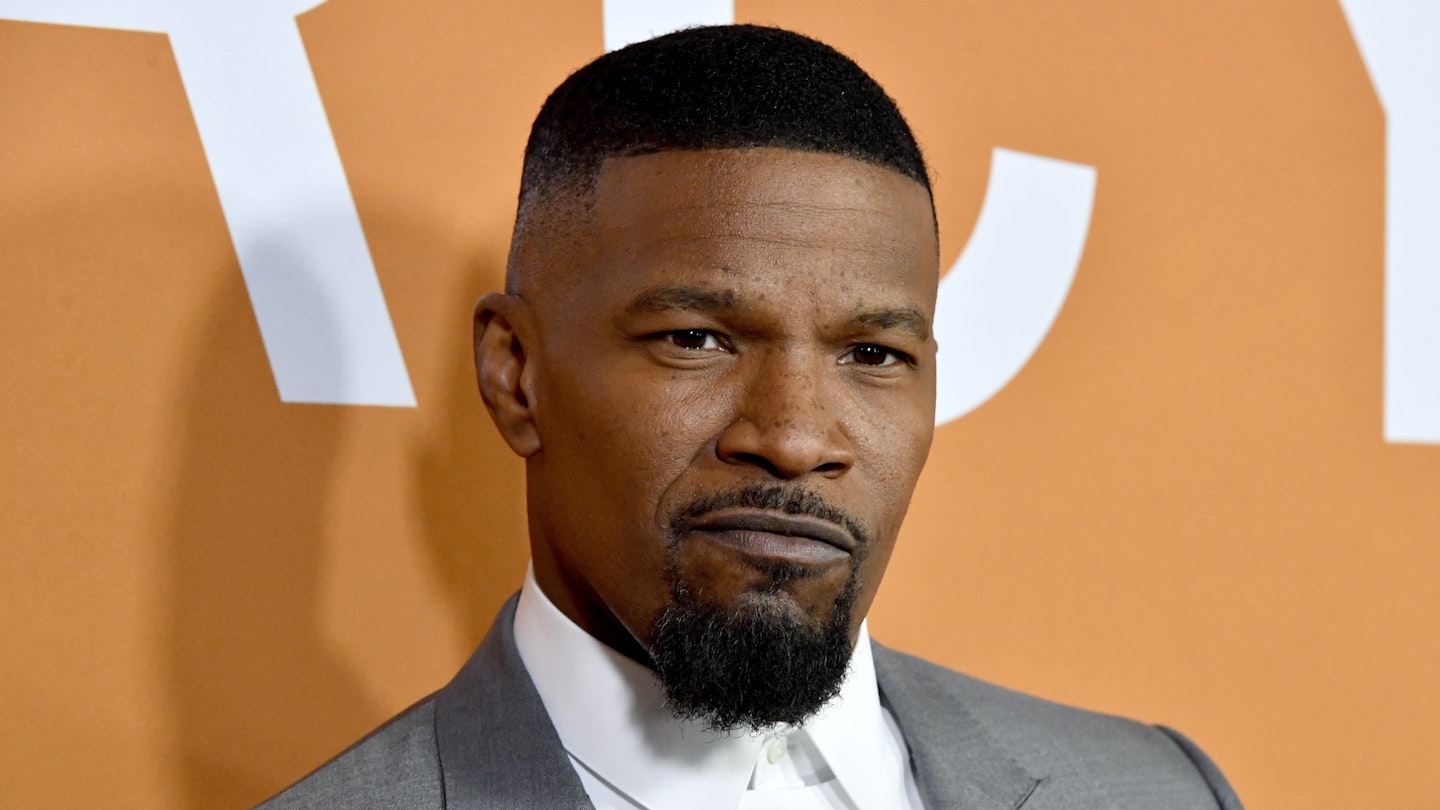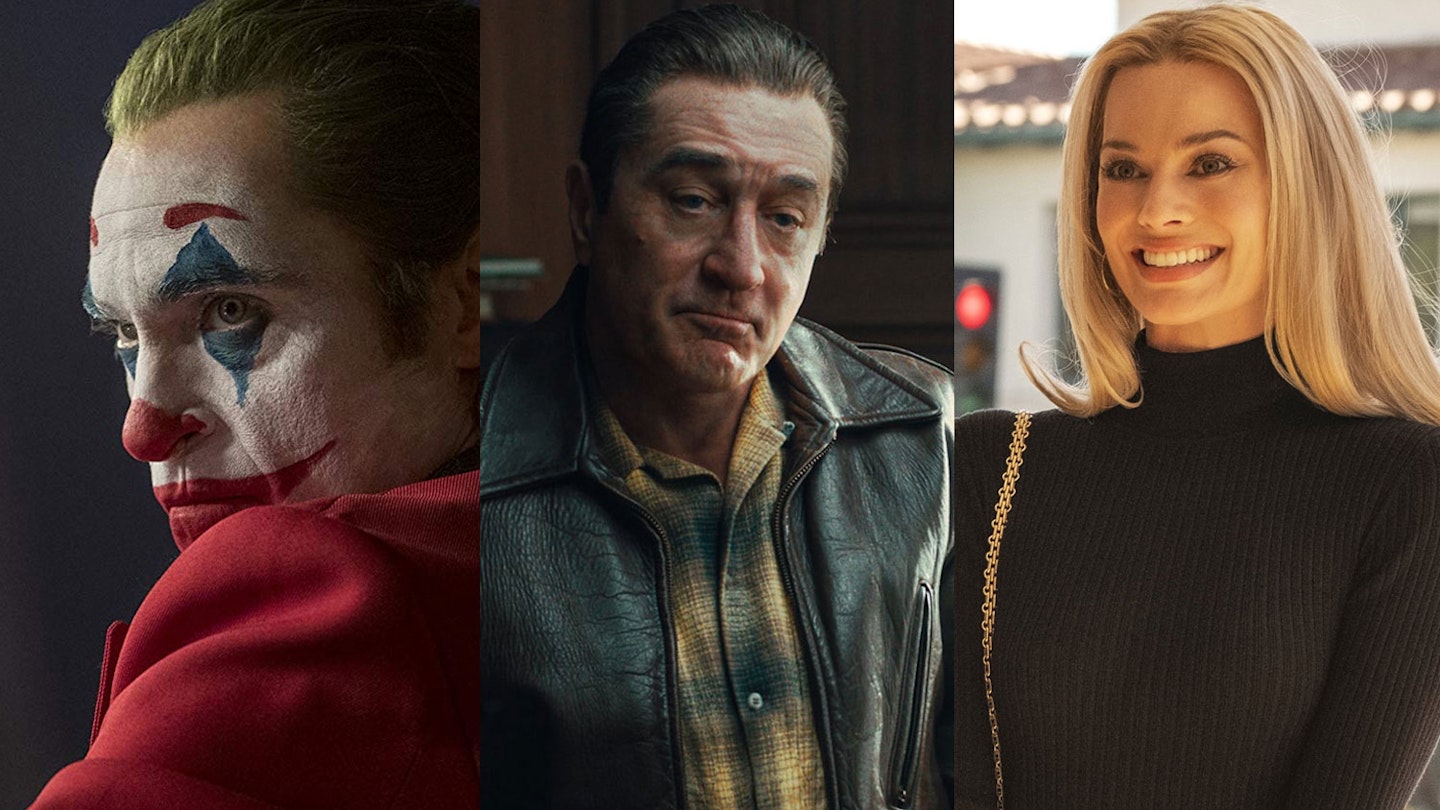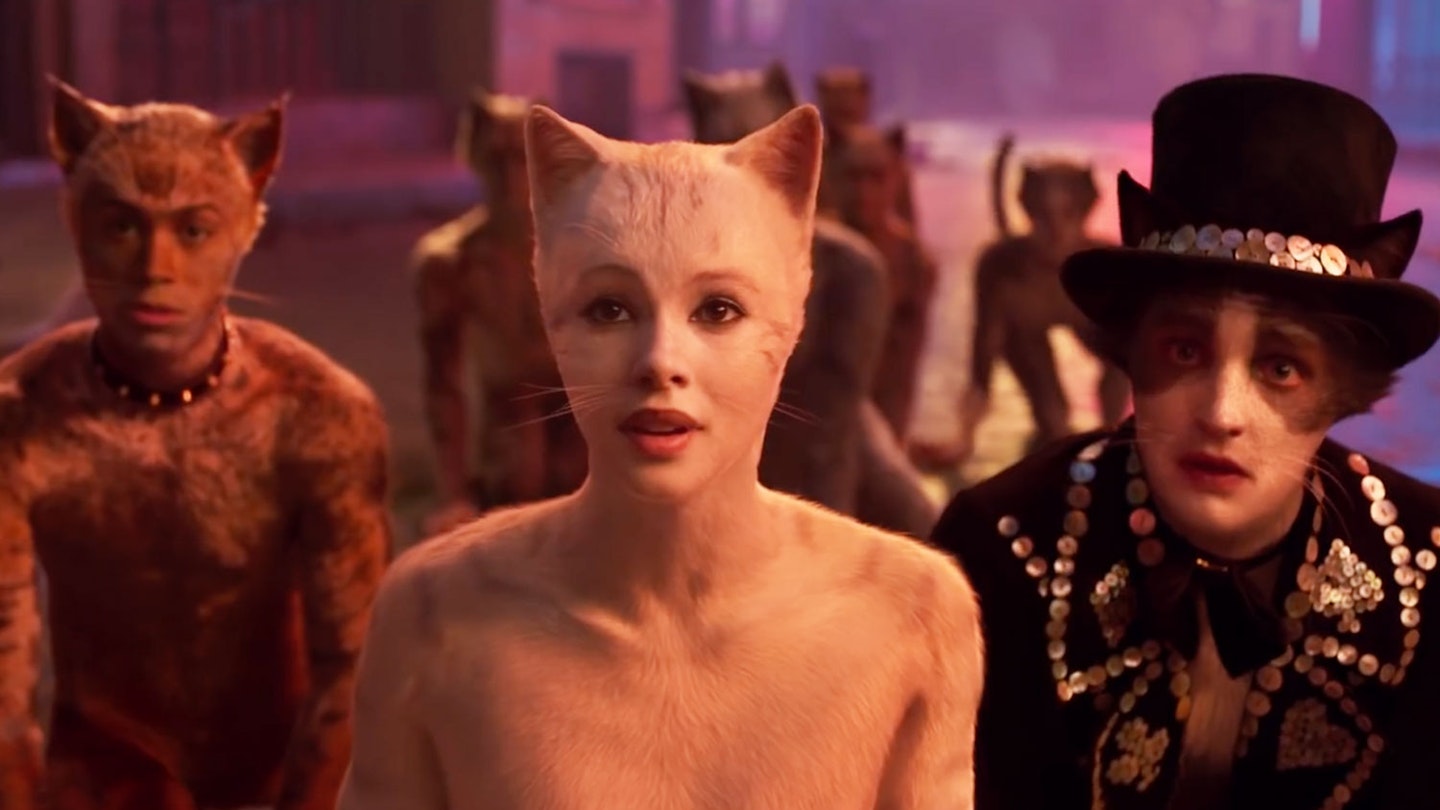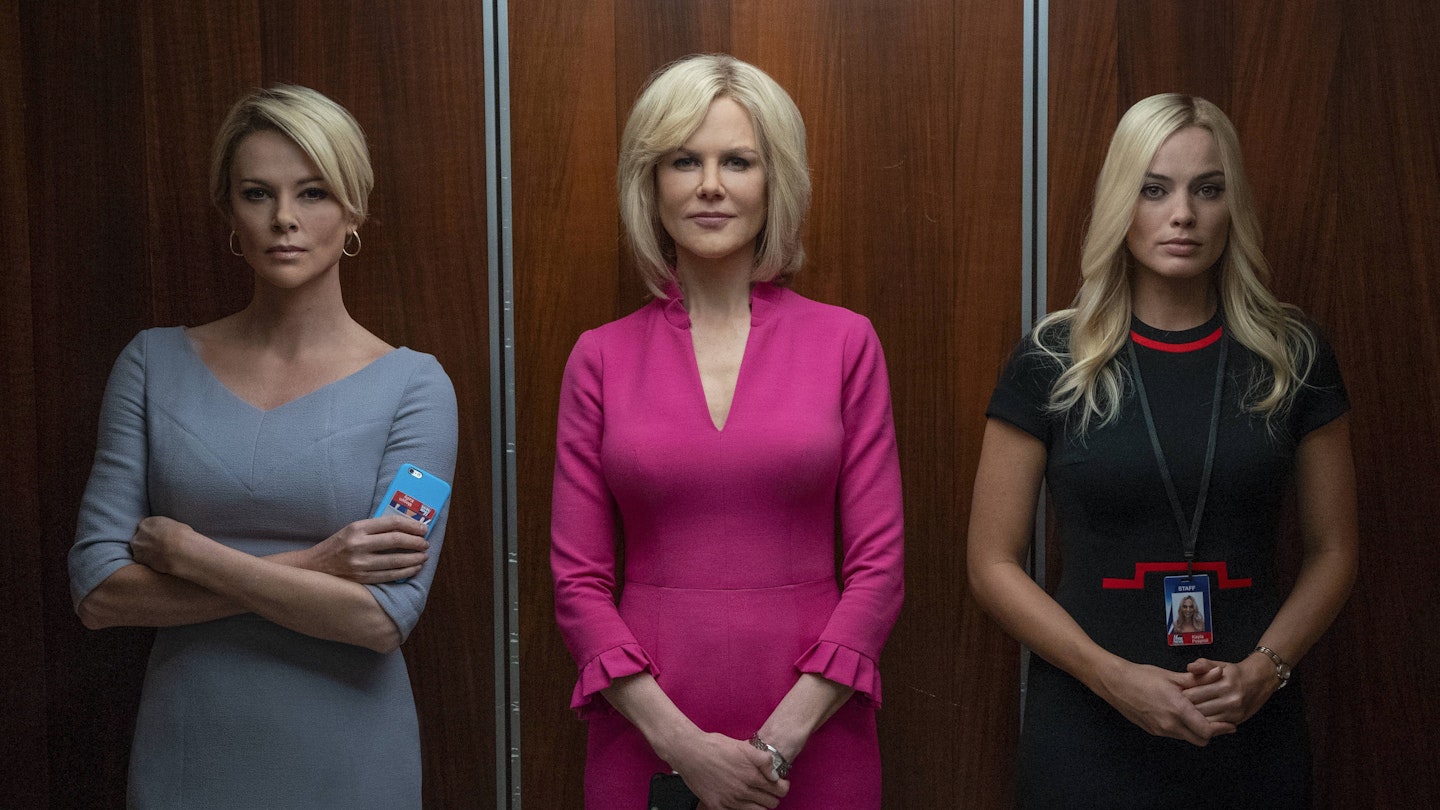The first thing you notice as she strides, back erect, down the corridor, talking directly to the camera, is the voice. The second: the face. Your brain knows that inside those precise prosthetics, behind that deep tenor, is Charlize Theron as controversial Fox anchor Megyn Kelly. But the transformation (by Darkest Hour make-up artist Kazu Hiro) is so authentic, so on point, it’s unnerving. The walk and talk though: an entertaining piece of fourth-wall-smashing exposition that establishes precisely how the beast that both was and is Fox News operates. A necessary narrative foundation for understanding quite how the network was able to be such fertile ground for harassment.
It’s fair to say that Theron, as perhaps we expect of Theron, doesn’t do things by halves. She trained with a vocal coach to ‘do Megyn’, eventually losing her voice for three weeks. This wasn’t the only stumbling block. Two weeks before the production began, Annapurna pulled out of the project leaving Theron – who was also a producer – to secure new funding in just six hours.
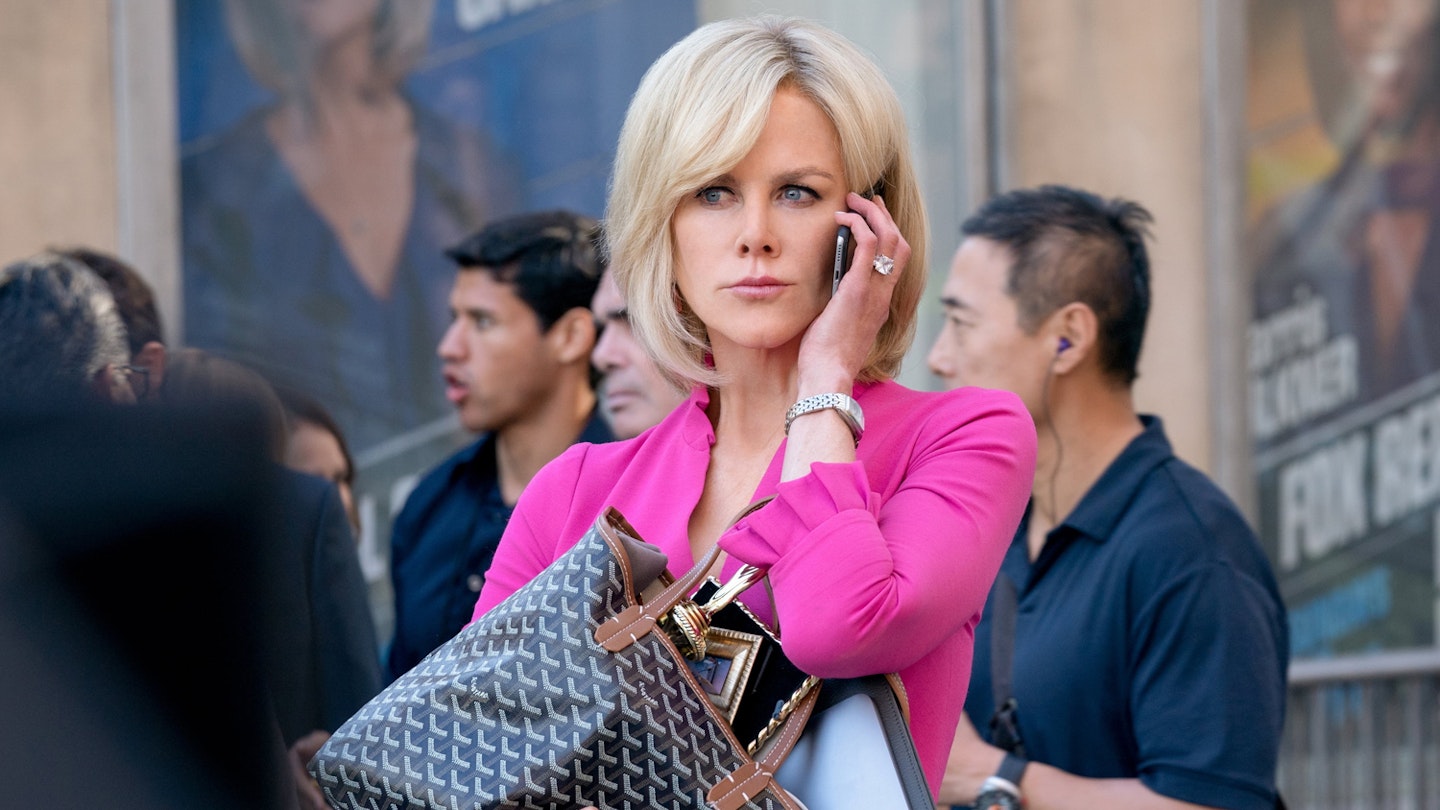
Her commitment to the film, to the role, is clear and so it’s no huge surprise that this is Theron’s show. She’s utterly compelling as the heart of a tryptic of female power rounded out by Nicole Kidman as on-the-outs host Gretchen Carlson and Margot Robbie as wannabe-anchor Kayla.
Perhaps understandably then, some have already flagged concerns about a ‘sympathetic’ depiction of Kelly, who has received plenty of criticism over the course of her career (she famously declared that Santa Claus had to be white live on air).
Margot Robbie emerges as the film’s biggest surprise, her initial one-note wide smiles and agreeable nature disintegrating dramatically.
This isn’t a tale of redemption though, and it’s an uncomfortable truth that not all victims of harassment are ‘good’. The women in this film are not gifted absolution, if they even seek it. Their involvement in bringing down one of the most powerful network bosses in history is thoroughly examined, flaws and warts and all. They’re sometimes selfish, often self-interested but always — under the flint — changed by what they experienced in the dark. And it doesn’t flinch away from asking how complicit women can be in the culture, with Pospisil saying to Carlson, “Did you think what your silence would mean for us? For all of us?”
The other topic of already-heated discussion has been the fact that both the writer and director of Bombshell — which is being hailed as the first #MeToo film — are male (Charles Randolph and Jay Roach). But there is no visible impact on the integrity or detail of the storytelling.
They patiently, painstakingly paint a picture of the culture, with a light, believable touch — the preferred wide shots, short body-skimming dresses, sticky heat-wrecked hair, transparent desks ensuring the visibility of smooth legs.
From an early confrontation on the studio floor between Ailes (Lithgow) and Carlson after she appears on television without make-up — “Mouth shut, ears open: no-one wants to watch a middle-aged woman sweat her way through menopause on national television” — through to a skin-crawling incident with Pospisil behind the locked door of his private office, the portrayal of Ailes and his abuse is unflinching.
And it’s here that Robbie emerges as the film’s biggest surprise, her initial one-note wide smiles and agreeable nature disintegrating dramatically during a call with colleague Jess (Kate McKinnon). It’s a scene that will remain stuck to your skin afterwards; the price that women were expected to pay for so long laid out with devastating clarity.
